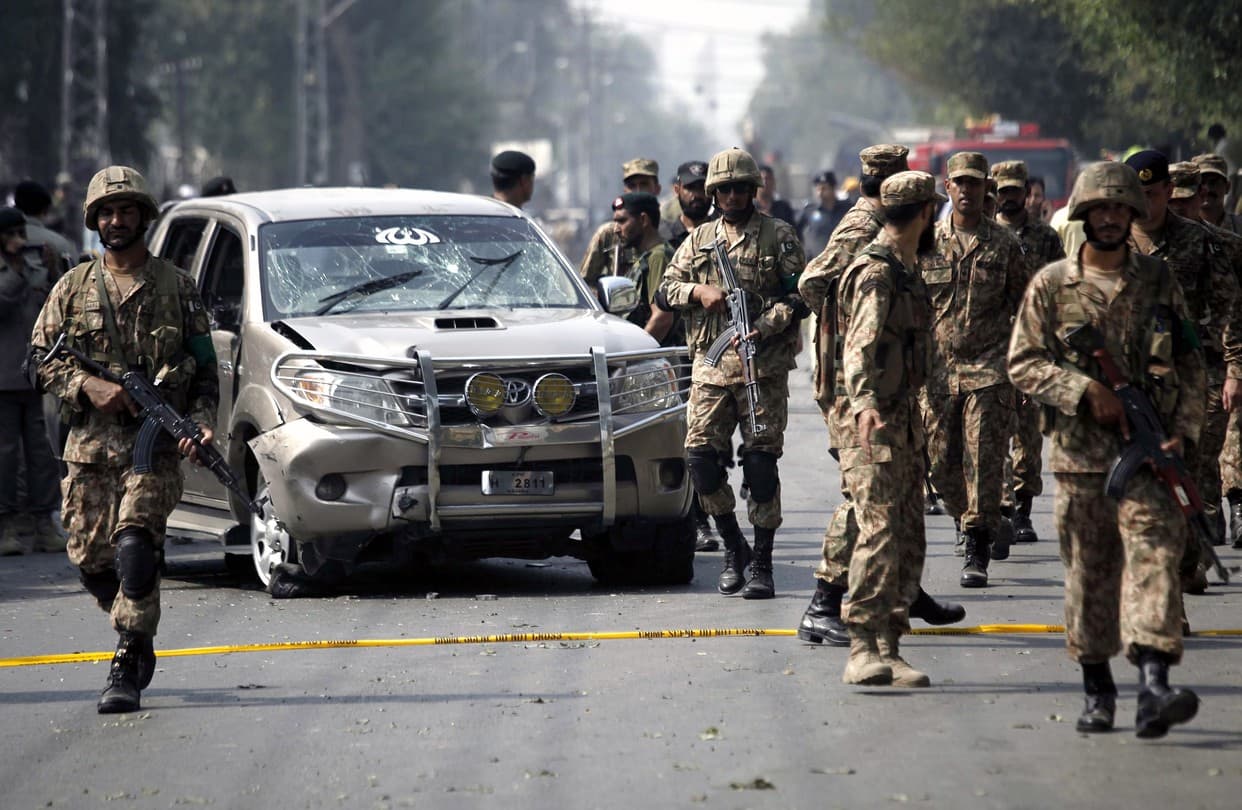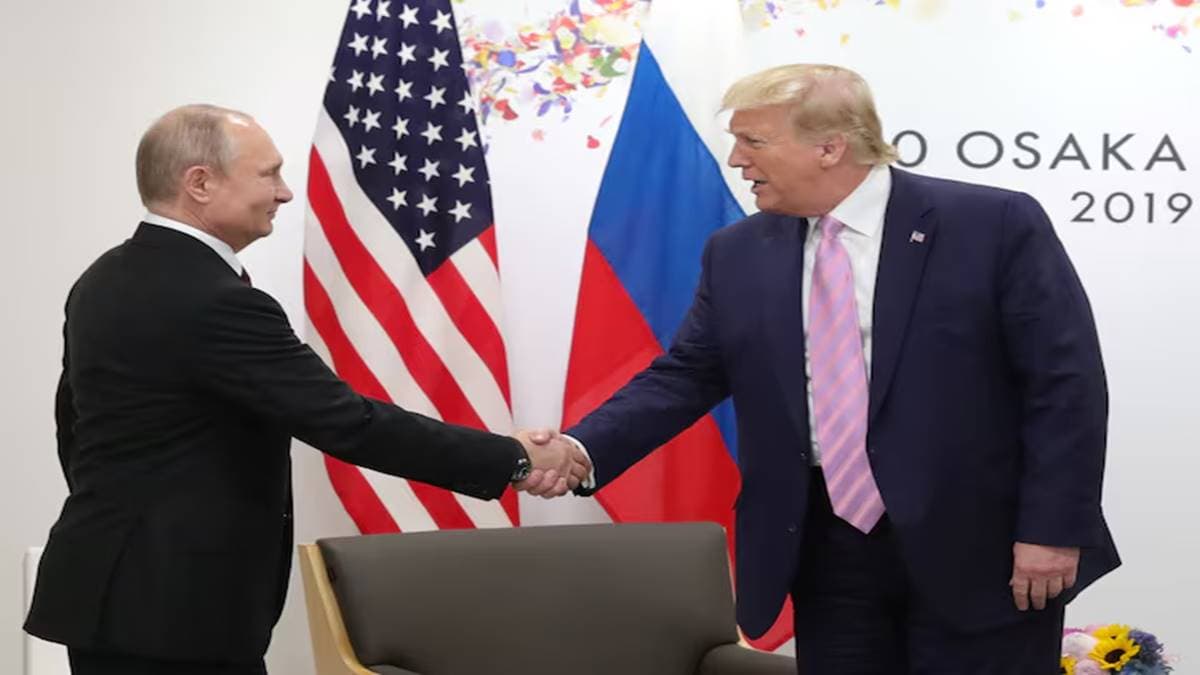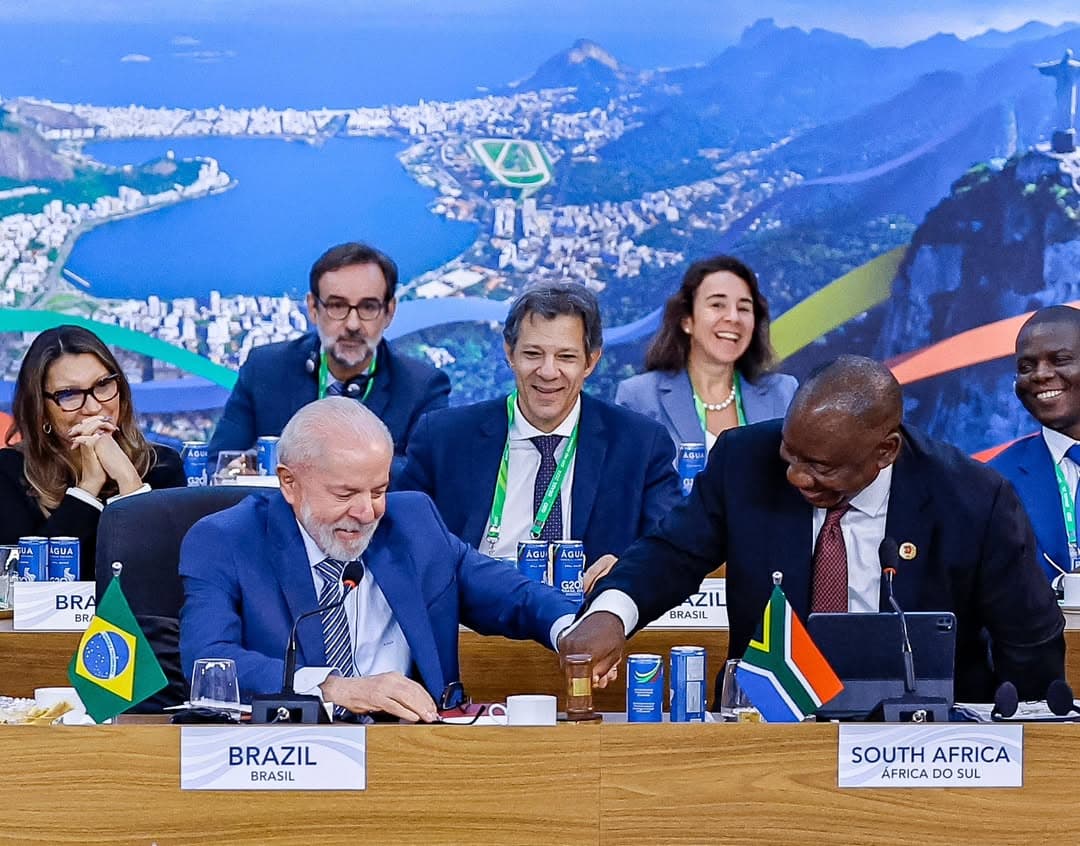Iranian Foreign Minister to Meet French Counterpart in Paris
France said on November 24 that Iran’s foreign minister will travel to Paris on November 26 for talks covering bilateral ties, regional tensions and Tehran’s contested nuclear program. The visit will also allow Paris to press Tehran to resume cooperation with the IAEA and to seek clarity on two French nationals stranded in Tehran and the conditional release of an Iranian student in France.

France’s foreign ministry announced on November 24 that Iranian Foreign Minister Abbas Araghchi will travel to Paris on November 26 to meet with French Foreign Minister Jean Noël Barrot. The formal visit comes at a sensitive moment for European diplomacy with Tehran as Paris set out an agenda that spans bilateral relations, regional crises and the future of Iran’s nuclear oversight.
Paris said it will press Iran to resume cooperation with the International Atomic Energy Agency, an issue at the center of prolonged tensions between Tehran and Western capitals. The IAEA’s monitoring and verification regime has been the principal instrument for international scrutiny of Tehran’s nuclear activities, and a return to fuller cooperation is seen in Paris as a necessary step to reduce the risk of further escalation and to preserve diplomatic options in Europe and beyond.
Beyond nuclear oversight, the talks are expected to cover Middle Eastern regional dynamics that have rattled Western capitals and regional actors alike. France has sought to position itself as a diplomatic interlocutor capable of conveying European concerns while preserving channels of communication with Tehran. The arrival of a senior Iranian minister in Paris will provide a high level opportunity to test whether those channels can yield tangible concessions or at least clearer commitments on mutual red lines.
The visit also affords a chance to address consular and humanitarian dimensions that have become entwined with broader political friction. Paris will seek answers about two French nationals who were reported to remain at the French embassy in Tehran after being released but not permitted to leave the country. Their inability to depart raises sensitive questions about freedom of movement, diplomatic protections and the practical application of consular norms. French officials will also raise the case of an Iranian student in France who was released on condition, a reciprocal case that French diplomats view as part of a wider pattern of bilateral detention diplomacy.
Those individual cases carry symbolic weight for public opinion in both countries and can complicate negotiation by turning human lives into leverage in broader geopolitical contests. European governments, including France, have increasingly spotlighted such incidents as part of a strategy to combine legal pressure, public diplomacy and targeted measures to secure citizen safety while avoiding uncontrolled escalation.
The Paris visit follows months of intermittent contacts between Tehran and European capitals, where officials have explored whether limited confidence building on technical matters could be extended to wider political dialogue. French authorities are likely to frame the meeting as pragmatic diplomacy aimed at reducing immediate risks, while remaining clear that substantive progress on nuclear verification and consular issues will be necessary to restore trust.
As the talks approach, European and international observers will watch closely for any announcements of renewed IAEA access or concrete steps to resolve outstanding consular cases. Outcomes from the November 26 meeting could influence not only Franco Iranian ties, but also the broader capacity of European diplomacy to manage one of the most contentious relationships in contemporary international relations.


